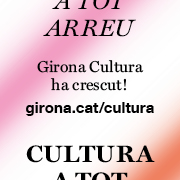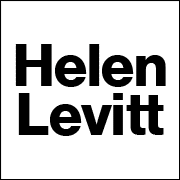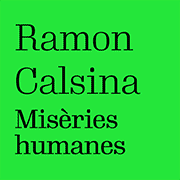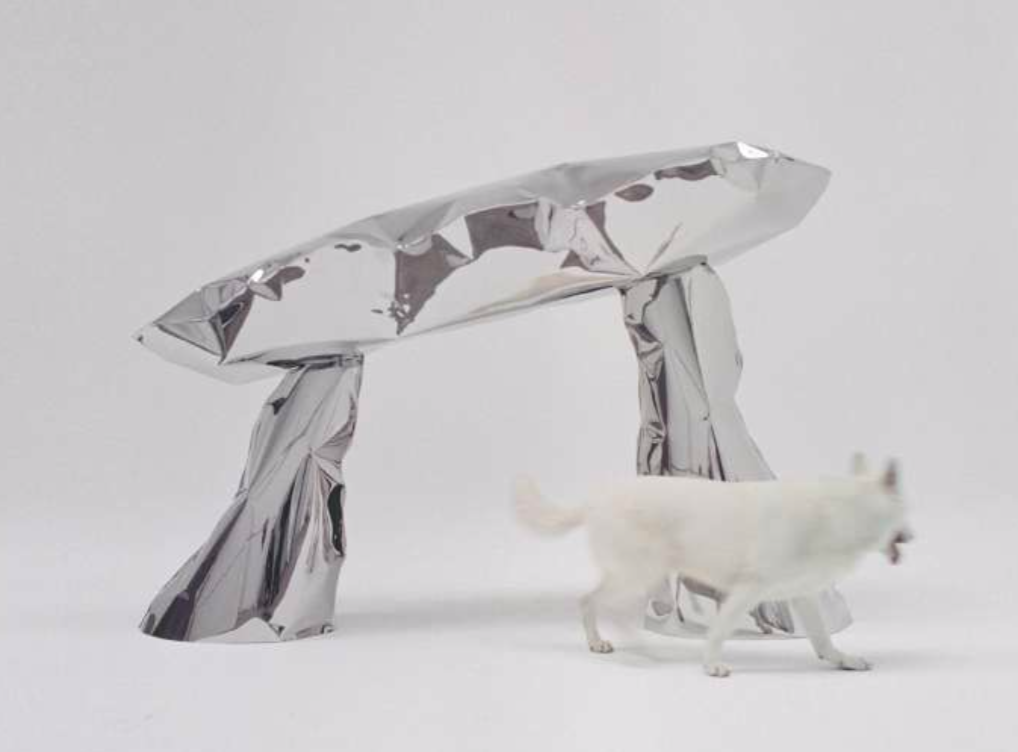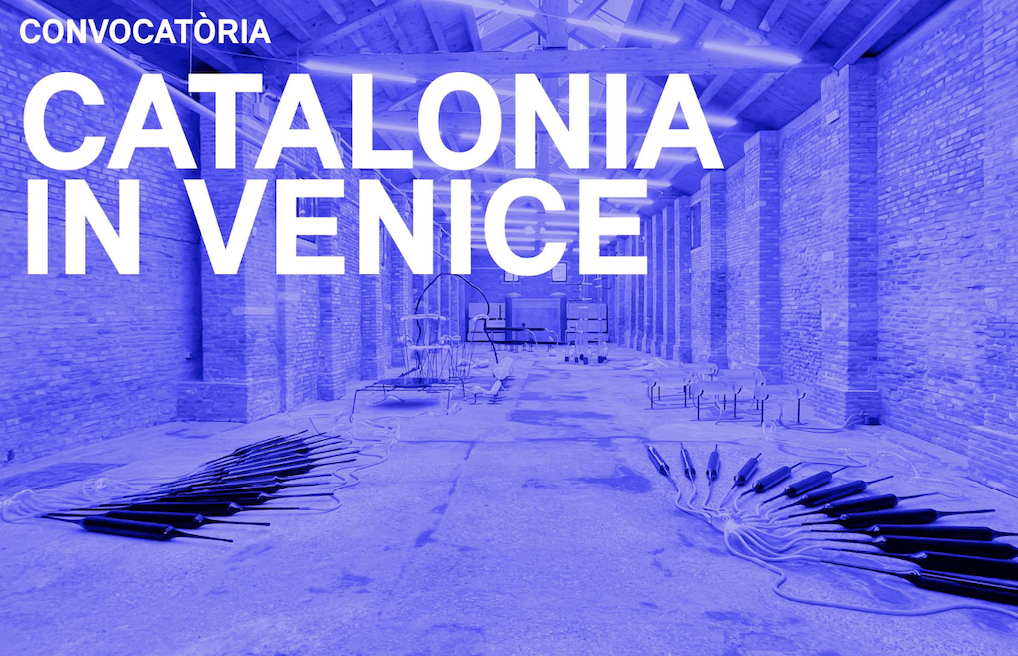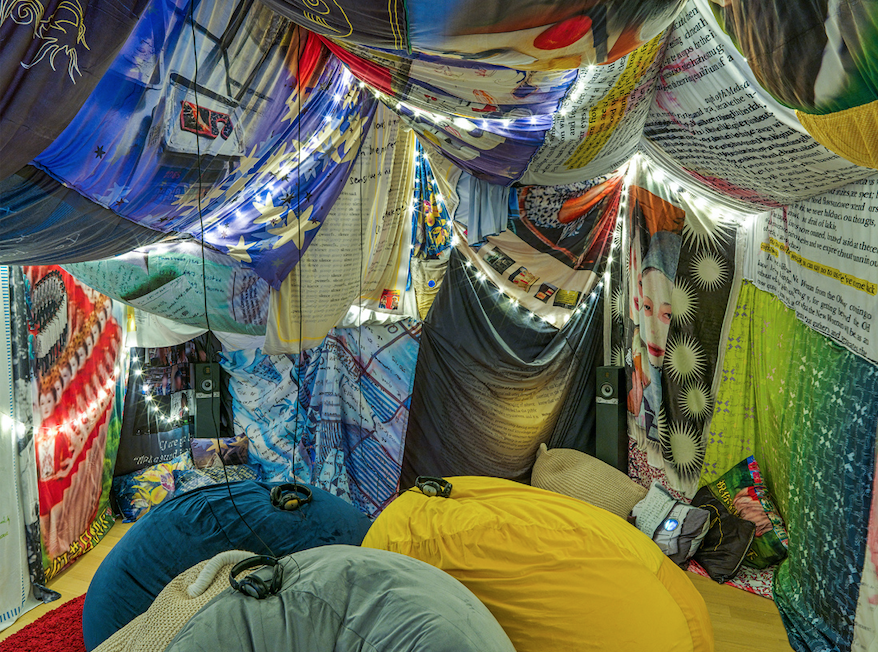News
Francis Mestre
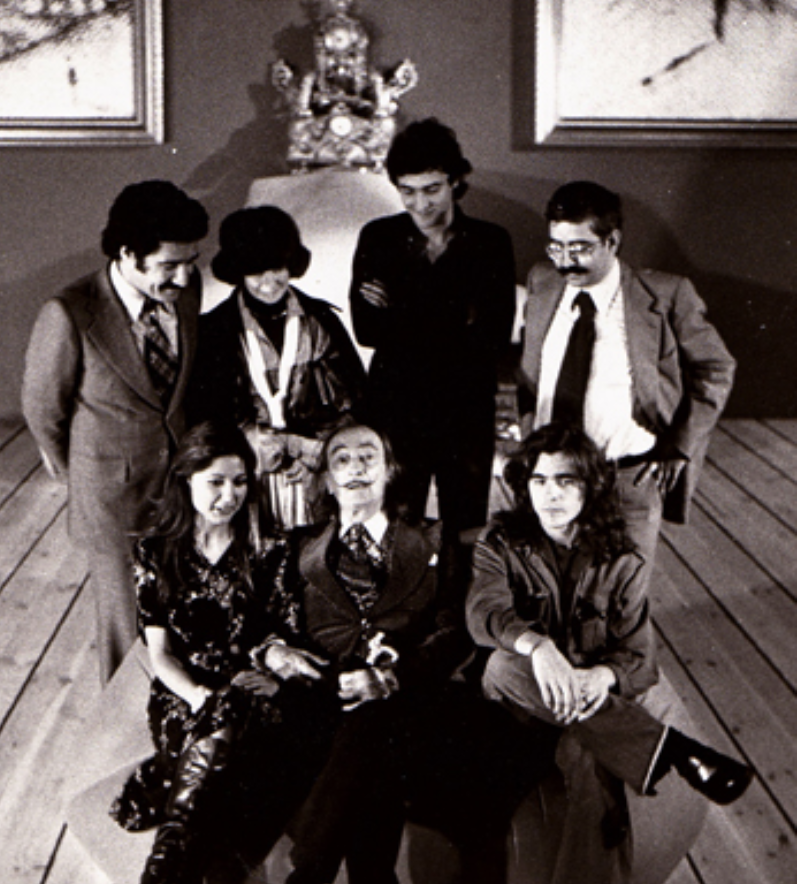
Aesthetics and ethics was Francesc Mestre's last Art Talk . It said that it seems that now are bad times for aesthetics and it reminded me of the phrase that, in 1964, José M. Valverde, then professor of aesthetics at the University of Barcelona, wrote on a blackboard to denounce Francoism: "Nulla aesthetica sine ethica. Ergo, turn it off and let's go."
Francesc Mestre i Bas was born in Barcelona in 1941. Originally a publicist, in 1971 he was the director of Galeria Adrià and six years later, of René Metras, two of the key galleries in the artistic recovery in our country . In 2001 he opened his own gallery, Francesc Mestre Art, where he recovered artists of the past through drawing and engraving. He sought to attract a new type of collecting and he succeeded by claiming the work on paper.
Francesc Mestre was an honest gallerist. He explained that he had learned by doing. "Who taught me the most were René Metras and Miquel Gaspar, I listened to them a lot, I felt humble". He believed that the function of a gallerist is much more to serve the customer than to serve the artist. "Art endures because someone buys the work first". He considered that being a gallerist is not an easy profession, "it wasn't before and it isn't now. But it's exciting", and that art should not be understood, it should be felt. "You don't need to understand art to enjoy it and be able to be moved." For Francesc, "an artist is someone who has something to say and something to say can be said through figuration or abstraction. From a performance, or an installation” and that people are educated by seeing all kinds of art. He was disappointed by artists who follow a line and repeat themselves; that art has lived for many years immersed in an exclusive discourse, with cryptic and elitist language or that it is only media news when there are record prices, scams, thefts or forgeries.
Fortunately he never contemplated retirement. Francesc Mestre has left us talking about ethics. And without ethics, aesthetics are of no use.


